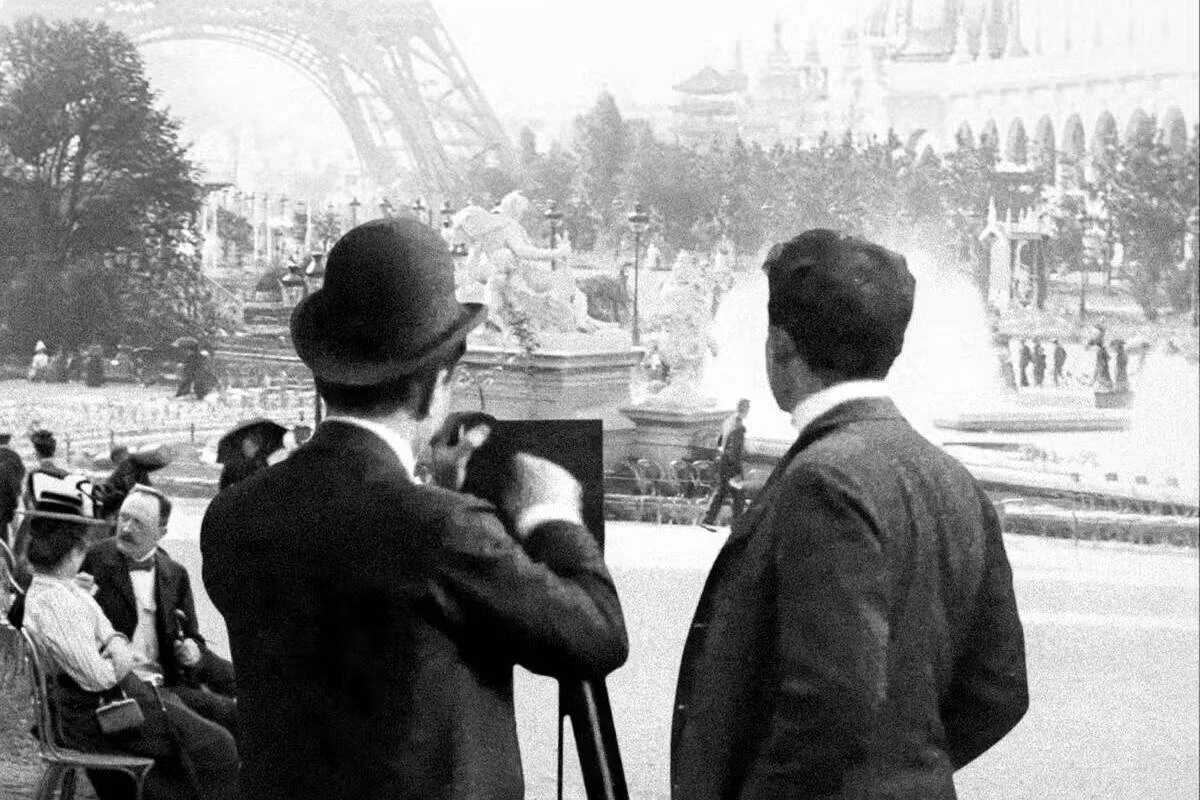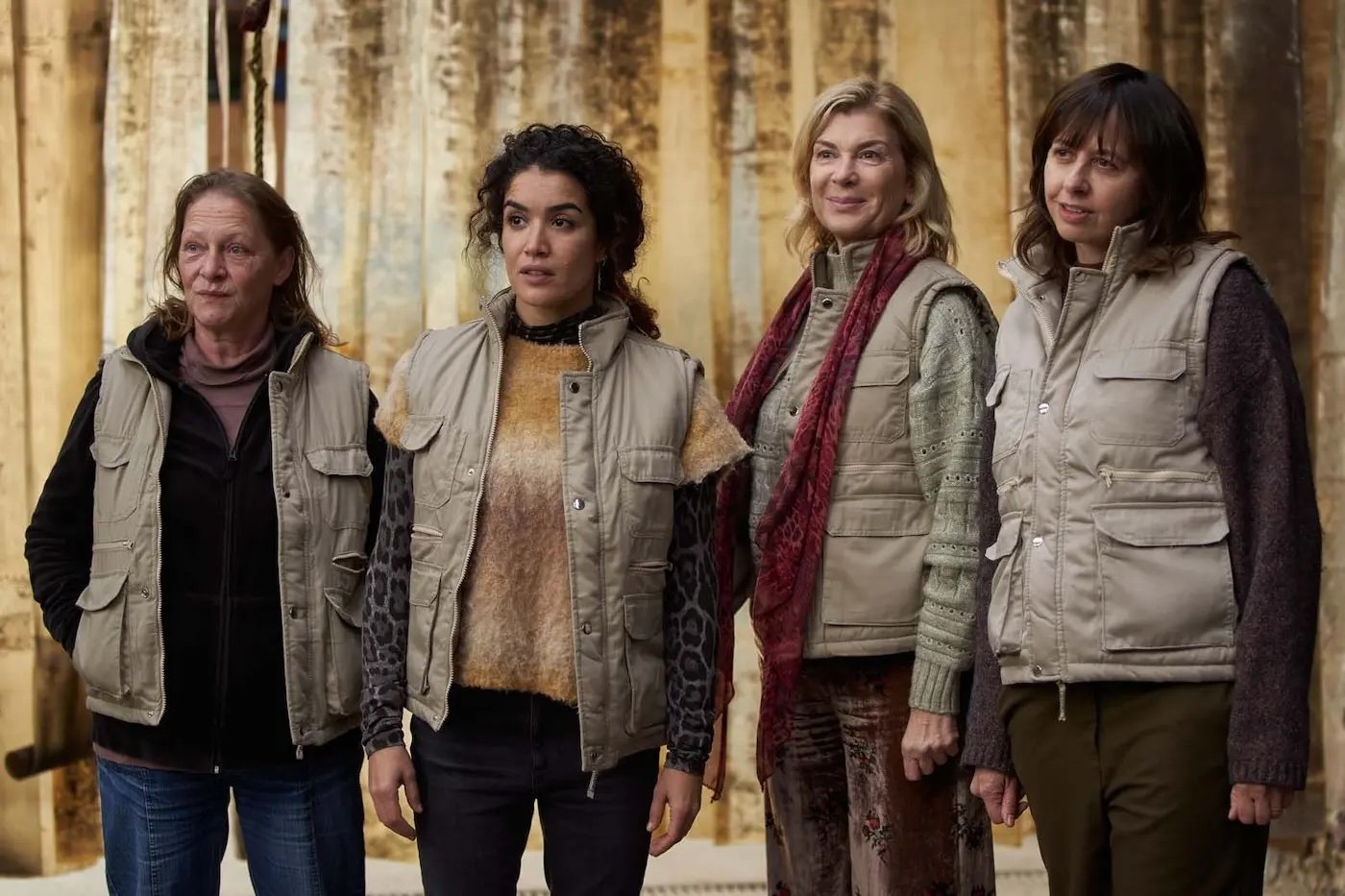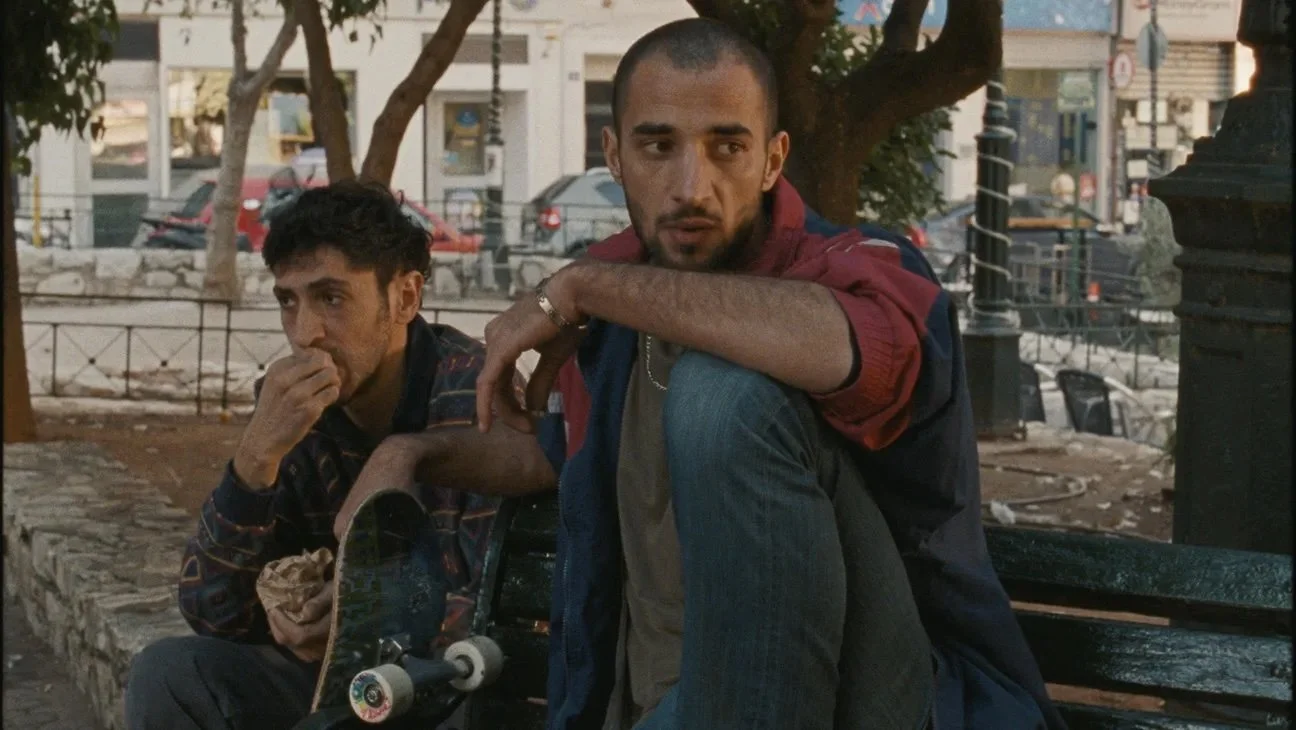Local Indigenous filmmakers shine a light on colonization, trauma, and healing at VIFF
Returning Home’s Sean Stiller and Trevor Mack, director of Portraits From a Fire, share their culture and truths on screen
Trevor Mack (left) and Sean Stiller are rising Indigenous artists who each have a new work at this year’s Vancouver International Film Festival.
SEAN STILLER’S RETURNING HOME is a documentary that explores the parallels between the disastrous, unresolved legacy of Canada’s Indian Residential School system and the threats to the very survival of wild salmon. Trevor Mack’s Portraits From a Fire is a drama with equal parts humour and sorrow that is set on a reservation and centres on a wannabe teen filmmaker who has many unanswered questions about his family. They’re very different films, but both artfully and intelligently convey some of the difficult realities and shared experiences of Indigenous people based in present-day B.C.
Stiller, a member of the Williams Lake First Nation (T’exelc) of the Secwpemc (Shuswap) Nation, has a Masters of Fine Arts in Documentary Media from Ryerson University. He has a dual focus in Returning Home: one on Phyllis Webstad, Northern Secwpemc from the Stswecem'c Xgat'tem First Nation (Canoe Creek Indian Band) and the residential school survivor who founded Orange Shirt Day Society; the other on the historically and devastatingly low salmon runs in the upper Fraser River on Secwépemc territory.
For the Secwépemc, healing people and protecting salmon go hand in hand.
Canadian Geographic’s first feature-length documentary, Returning Home grew out of Stiller’s long-standing relationship with Webstad.
Prior to Webstad becoming a well-known spokesperson for Orange Shirt Day, Stiller explains, she was managing a gas station in Williams Lake. They kept bumping into each other one summer. Eventually, upon getting to know each other, she invited him to her family’s salmon fish camp.
“That, for me, was a pretty important experience, and it was where I really began to understand the relationship between some people and salmon,” Stiller tells Stir. “I also remembered speaking with elders and other community members, and people would tell me they would often sing for the salmon drum, for the salmon. And it occurred to me that the salmon, in a lot of ways, are traumatized also. They’ve also undergone a process of colonization by being overfished, through climate change, being uprooted from their territory, their inability to return home. And so I realized that there could be an interesting exploration of human and non-human trauma bound together culturally, and that was really the basis of this film.”
Stiller says the making of Returning Home was a way to enrich his relationship to his own culture, in part by spending time on his territory.
“On a personal level, it was a way for me to deepen those relationships to the land and to community members,” Stiller says. “I know Phyllis; I deeply respect the sacred work she's doing. And so also the opportunity to tell her story and to have intimate time with her and her family was just an incredible privilege.”
Because it can be understandably traumatizing for people to talk about their experiences at residential schools and related to ongoing systemic racism, Stiller put aside any quest for technical perfection in favour of creating an emotional connection with interview subjects, and, by extension, with viewers.
“I think if people can even for a moment, drop down and feel what the people in the film feel with respect to the salmon, with respect to the environment, that emotional connection would have been enough for me,” he says. “This is tricky subject matter and people are sharing very intimate details. So typically on a documentary production, you have maybe four or five people, perhaps more. In this case, it was literally just me doing camera, operating, directing, doing location, sound, et cetera. And the reason for that was, of course, being mindful of COVID; the second was that I didn’t want to compromise the ability to capture intimate, authentic moments. And so if that meant maybe the sound suffers in a scene but I get the scene, that will have been worth it.
“So for me, it was a really interesting lesson in doing what it takes to gain intimate access,” Stiller says, “but also to honour and respect the spaces that people are in when they're sharing these kinds of experiences.”
For Mack, the making of Portraits From a Fire was in itself a healing process. (Read Stir’s review of the film here.) The vision for it, he tells Stir, “was to create a film that essentially shows a tutorial of how we can heal our people from the colonial efforts that have tried to genocide us”.
“My own healing experience, which involved healing from an assault and mugging in downtown Vancouver in 2016, led to the opportunity to view my own decisions from an entirely different perspective than I was used to,” Mack says. “Leading up to 2016, I was lost. I blacked out, would go to bars by myself, and sometimes wake up in the back of trucks in a random parkade in downtown Vancouver. In order for me to heal, however, my entire perception of truth had to be shattered, as that is what learning is; having our entire understanding of reality shaken.
“However, in order to heal, I had to see that process with compassion, forgiveness, and love—not only towards myself but towards the people who I had thought wronged me. So that's what Portraits is; a film about going through the death and rebirth process of seeing the truth, and embracing that with compassion, forgiveness, and love.”
Mack—who dropped out of film school in his second year (“if you have a unique voice... don't go to film school. Wait, okay, maybe go there to see that the institutionalization of art isn’t the way....,” he says)—knew every member of the film’s cast personally, with most being cousins or family friends. It was not so much a matter of importance when it came to filming in his home Tsilhqot'in community but rather simply a given.
“I'm so very grateful to have a community like Tl'etinqox and the Nation of our Tsilhqot'in people to learn from and support me throughout my process of becoming a young man in these times,” Mack says. “Now more than ever do we need community; so if you don't have community where you can rely on each other for food, water, and the essentials, you better get started on either creating one or serving one.”
Trevor Mack.
For more information and screening times for Returning Home and Portraits From a Fire, visit VIFF.















